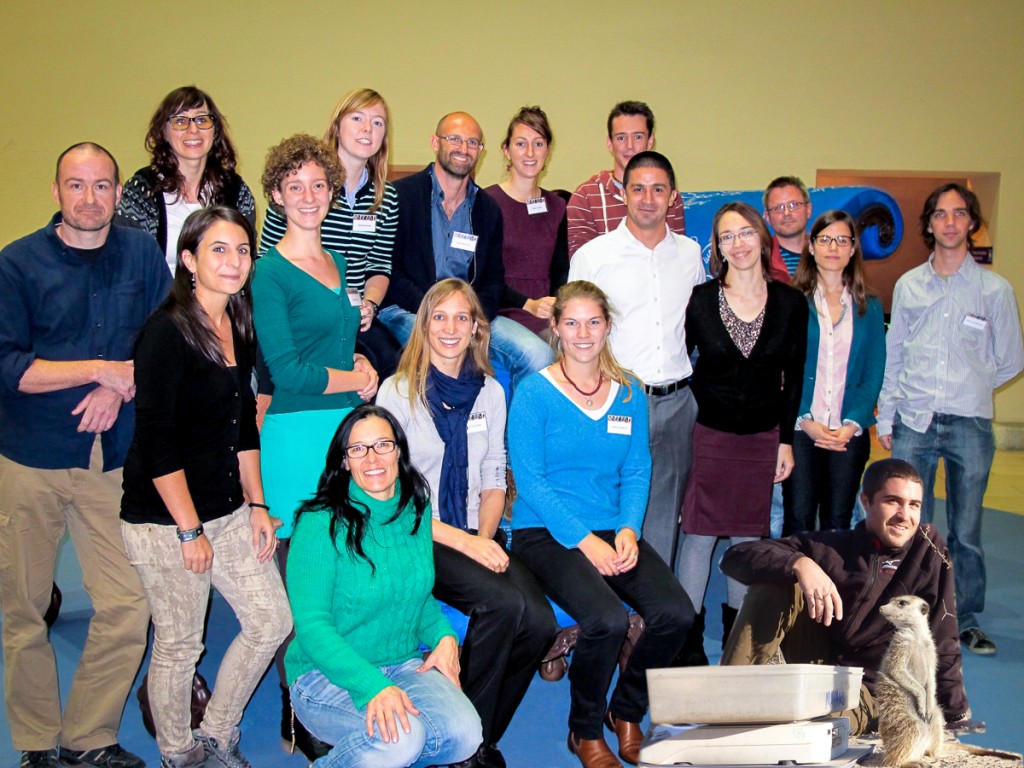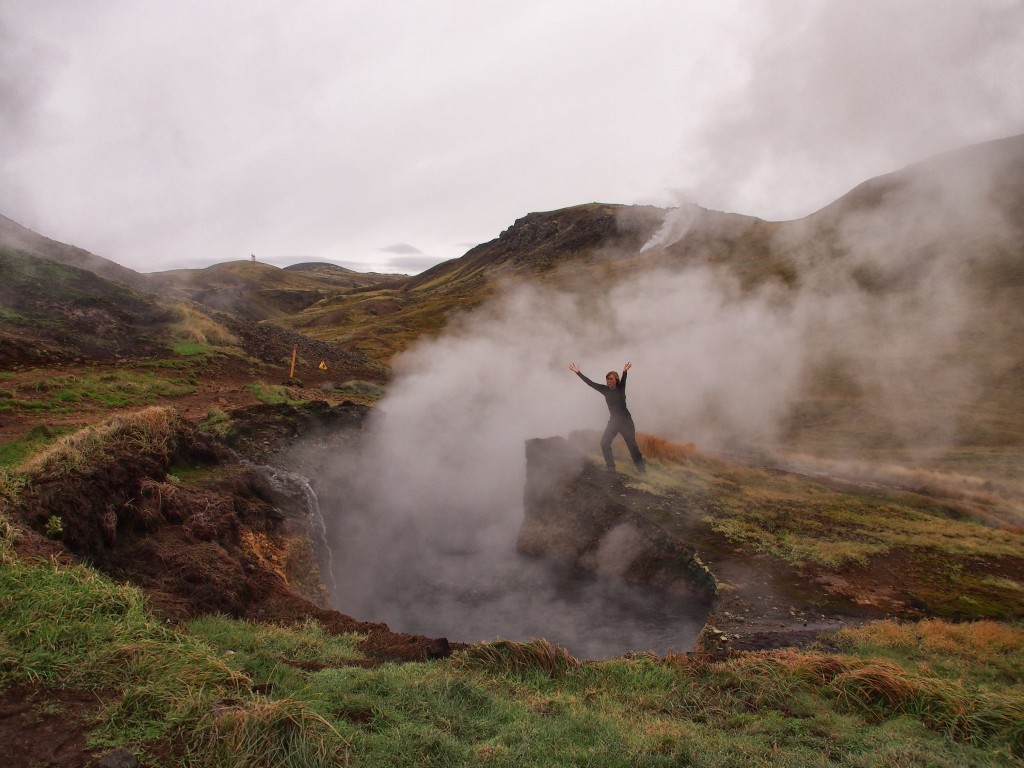I, Mollie, am organizing a workshop here at the University of Zurich. I’ve recruited two experts to come help me teach: Hans Skaug (Dept of Mathematics, Univ of Bergen) and Kasper Kristensen (Dept of Applied Maths and Comp Sci, Technical Univ of Denmark). We’ll teach researchers from diverse fields how to fit state-space models via maximum likelihood estimation using the Laplace approximation to integrate out latent variables and automatic differentiation to calculate gradients. This is much faster than Bayesian methods.
These methods are implemented in AD Model Builder and a new R package called TMB. Currently, the course organizers are trying to decide if we should teach both, or only TMB. There are costs and benefits to being early adopters of new software. For example, several years ago, when the user base of ADMB was expanding beyond fisheries stock assessment, we found several bugs that weren’t exposed until people started trying different types of models and different computational platforms. We don’t want to expose students to these issues. On the other hand, learning one new program (rather than two) in a three day workshop might be preferable for some participants. Plus, most ecologists already use R, so learning the package TMB might be slightly easier for them than learning to use ADMB through the R2admb interface. TMB is more streamlined than ADMB because it had ADMB as an example and took advantage of existing free and open source C++ libraries. Whatever we decide to do, we’ll make sure the class exercises and examples are fully debugged before the workshop. Maybe I’ll use my lab mates’ computers as Guinea pigs.
The course will take place September 1-3, followed by 2 days of developing the TMB package and applications. We still have some openings for participants. Applications are due August 1.
More information can be found at the course website
https://sites.google.com/site/uzhstatespaceworkshop/
The workshop is funded by a GRC Grant from the University of Zurich.


